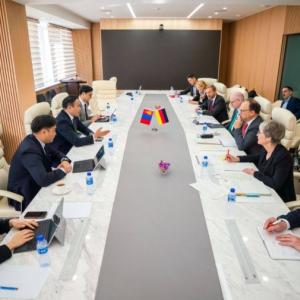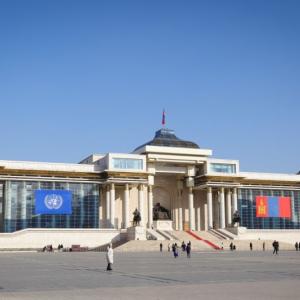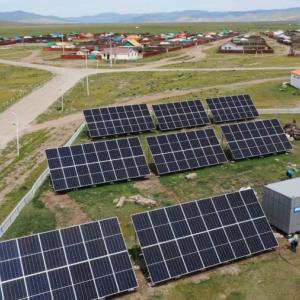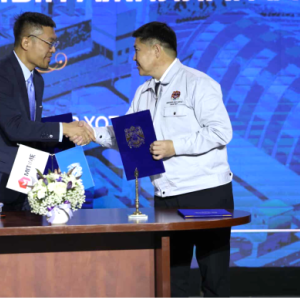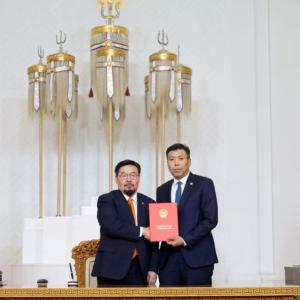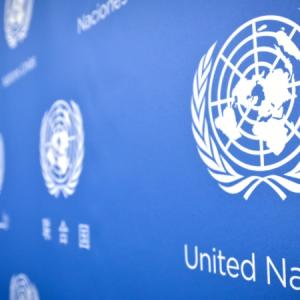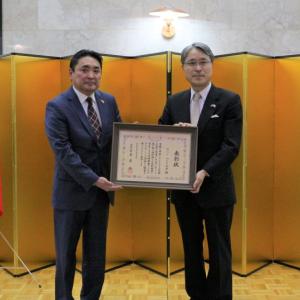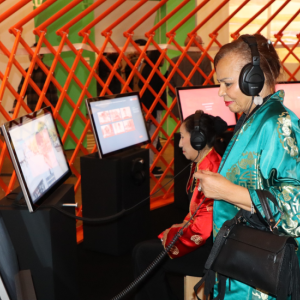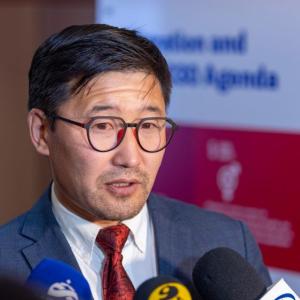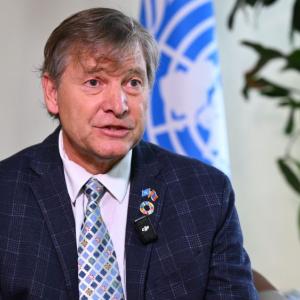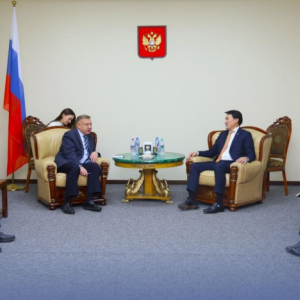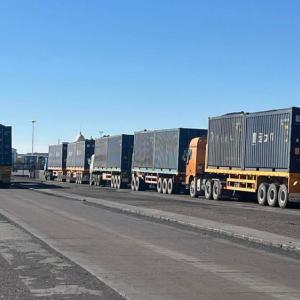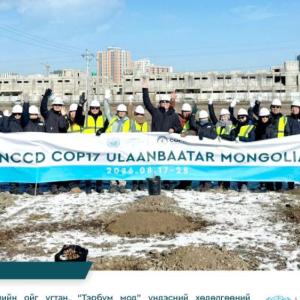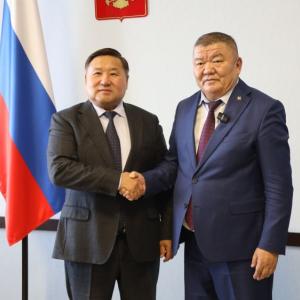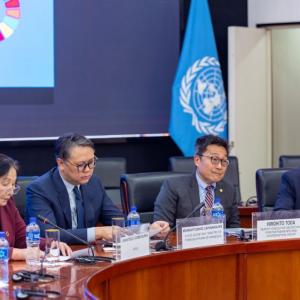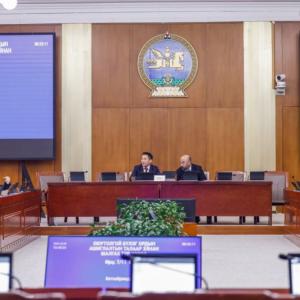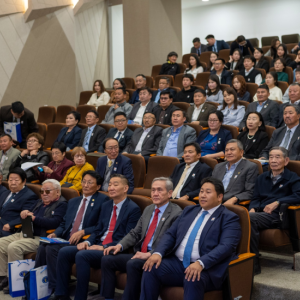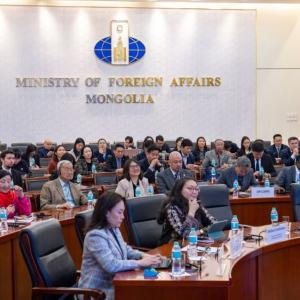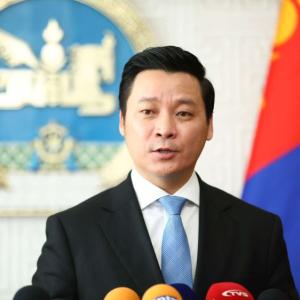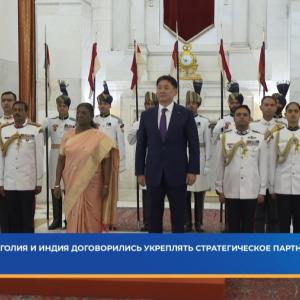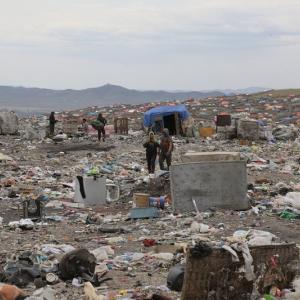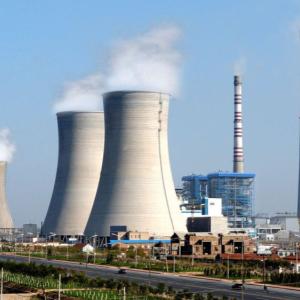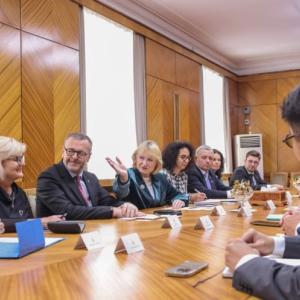“A Moment of Opportunity: Supercharging the Clean Energy Age”
Politics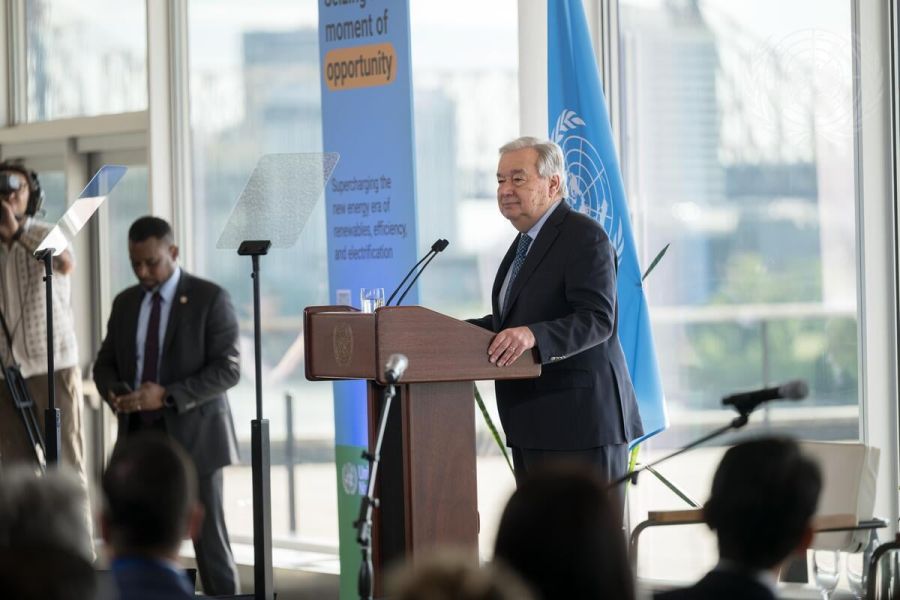
OP-ED by António Guterres, Secretary-General of the United Nations
Energy has shaped
humanity’s path – from mastering fire, to harnessing steam, to splitting the
atom. Today, we’re at the dawn of a new
era. The sun is rising on a clean energy age.
Last year,
nearly all new power capacity came from renewables. Investment in clean energy
soared to $2 trillion – $800 billion more than fossil fuels.
Solar and wind are
now the cheapest sources of power on Earth, and clean energy sectors are creating
jobs, boosting growth and powering progress -- despite fossil fuels still receiving
far greater subsidies.
Countries that cling
to fossil fuels are not protecting their economies, they are sabotaging them – undermining
competitiveness, and missing the greatest economic opportunity of the 21st
century.
Clean energy also
delivers energy sovereignty and security. Fossil fuel markets are at the mercy
of price
shocks, supply disruptions, and geopolitical turmoil, as we saw when Russia invaded
Ukraine. But there are no
price spikes for sunlight, no embargoes on wind, and almost every nation has enough
renewable resources to be energy self-sufficient.
Finally, clean
energy spurs development. It can reach the
hundreds of millions of people still living without electricity -- quickly,
affordably and sustainably, particularly through off-grid and small-scale solar
technologies.
All this makes the clean energy era unstoppable. But the transition is not yet fast or fair enough. Developing countries are being left behind. Fossil fuels still dominate energy systems, and emissions are still rising when they must plummet to avoid the worst of the climate crisis. To fix this, we need action on six fronts.
First, governments
must fully commit to the clean energy future. In the coming months, every country has pledged
to submit new national climate plans – known as Nationally Determined Contributions
– with targets for the next decade. These plans must align with limiting global
temperature rise to 1.5 degrees Celsius, cover all emissions and sectors, and
lay out a clear path to clean energy. G20 countries, responsible for around 80%
of global emissions, must lead.
Second, we must
build 21st century energy systems. Without modern grids and storage,
renewable power can’t fulfill its potential. But for every dollar invested in
renewable power, just 60 cents go to grids and storage. That ratio needs to be
one- to-one.
Third, governments
must aim to meet the world’s surging energy demand with renewables. Major tech companies
must also play their part. By 2030, data centres could consume as much
electricity as Japan does today. Companies should commit to power them with
renewables.
Fourth, we must
embed justice in the energy transition. This means supporting communities still
dependent on fossil fuels to prepare for the clean energy future. And it means reforming
critical minerals supply chains. Today, they’re riddled with rights abuses and
environmental destruction, and developing countries are trapped at the bottom
of value chains. This must end.
Fifth, we must
make trade a tool for energy transformation. Clean energy supply chains are
highly concentrated and global trade is fragmenting. Countries committed to the
new energy era must work to diversify supplies, cut tariffs on clean energy
goods, and modernize investment treaties so they support the transition.
Sixth and
finally, we must drive finance to developing countries. Africa received just
two percent of renewables investment last year, despite having 60% of the
world’s best solar resources. We need international action – to prevent debt
repayments sucking developing country budgets dry, and to enable multilateral
development banks to substantially increase their lending capacity, and leverage
far more private finance. We also need credit rating agencies and investors to modernise
risk assessments, to account for the promise of clean energy, the cost of climate
chaos, and the danger of stranded fossil fuel assets.
A new energy
era is within reach – an era where cheap, clean abundant energy powers a world
rich in economic opportunity, where nations have the security of energy
autonomy, and the gift of electricity is a gift for all.
This is our moment
of opportunity to supercharge the global shift. Let’s seize it.
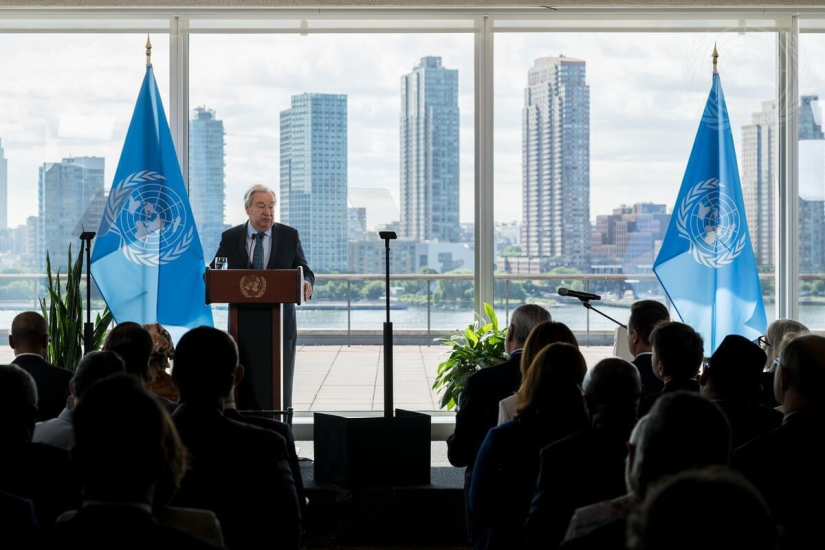
 Ulaanbaatar
Ulaanbaatar












